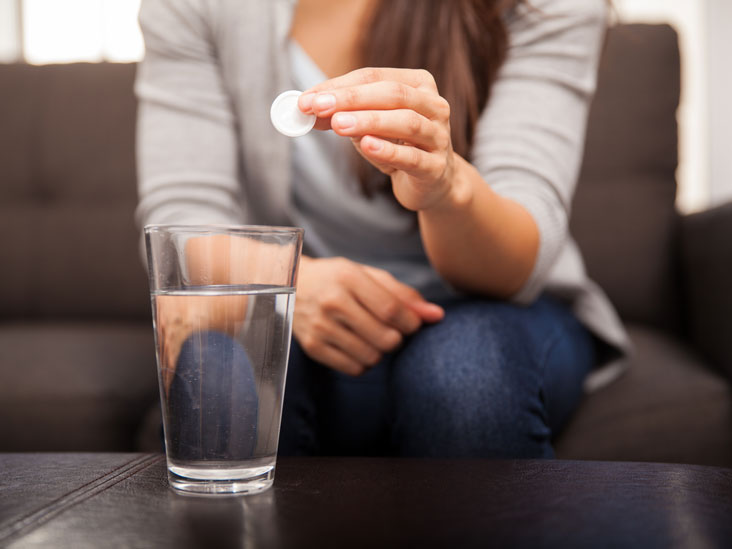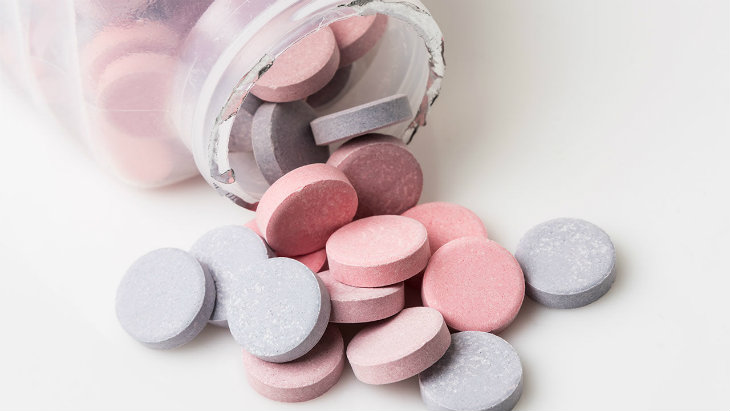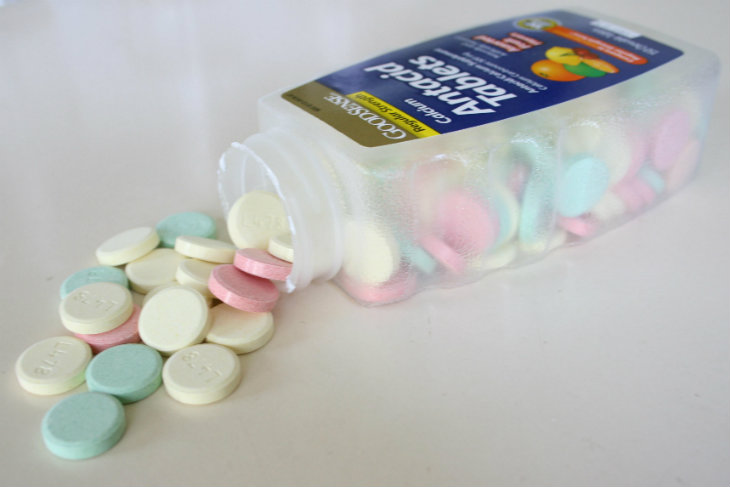Dealing with acid reflux, heartburn or GERD can be quite daunting. That burning feeling you might be feeling in your chest can be very disgusting especially when feeling it for the first time. Luckily, there are some medications that can prevent or reduce these symptoms. Such meds are antacid, H2 blockers and proton pump inhibitors. All of them are different and can have a different effect.

Source: healthline
What Are Antacids?
Antacid medicine is a medication that is able to neutralise stomach acid. In other words, it can cut down any heartburn you might be feeling, acid ingestion, sour stomach and upset stomach. Generally speaking, antacids are considered a fast type of medication that can provide heartburn relief within five minutes. Unfortunately, these medications offer a short-term relief that can last up to one hour. There are many types and brands of antacid meds and some of them can even help you get rid of gas. There are many different brands of this medicine, and it can come in the form of dissolving tablets, chewable tablets or in liquid form. In case you opt for the chewable form, make sure you chew them well before swallowing them for faster relief.

Source: isna
Regardless of the type you have chosen, you need to take them exactly as directed by the pharmacist or your doctor. You can also follow the direction label, just make sure you don’t overdose or overuse this medicine as there are some side effects. Some of them are diarrhea, constipation, stomach cramps and changes in the colour of bowel movements. A thing you need to know is that this medicine won’t do anything to prevent GERD. Instead, it can only reduce its symptoms. The most common meds of this kind contain calcium carbonate and/or magnesium. In case you wonder whether can you take antacids while pregnant, the answer is yes. Antacid meds that contain aluminium, magnesium or calcium are considered safe and effective in treating the common heartburn in pregnancy.
What Are H2 Blockers?
Just like the aforementioned medicine, H2 blockers are also short-term medicine for decreasing stomach acid. However, when compared, H2 blockers don’t relieve the symptoms as quick as antacids. It is considered that they can start working within an hour. This med blocks histamine (one of your body’s inflammatory agent) from stimulating the stomach to produce acid. According to the label, if you have mild reflux symptoms that occur two times a week tops, then you should start with a lower dose of H2 blockers.

Source: healthytips.blog
You can choose between ranitidine, famotidine or cimetidine. In order to be more effective, these meds should be taken on an empty stomach. Both H2 blockers and antacid meds should be accompanied by diet and lifestyle changes. This means that you should cut late-night eating and try to get enough sleep by sleeping with an elevated head. Once the symptoms stop, you can stop using the meds as well. A thing you need to know about H2 blockers is almost all H2 blockers stop working after 2 – 6 weeks. This is because the stomach can adjust to them, so they can become less effective.
What Are Proton Pump Inhibitors (PPI)?

Source: verywellhealth
Proton pump inhibitors reduce the body’s production of acid. These types of medications should be considered when even after taking H2 blockers your symptoms are still the same. In the beginning, PPI should be taken once per day. Unlike the other two types of meds, it takes a little longer for a PPI medication to help with your symptoms. However, the relief will last longer. Usually, most forms of proton pump inhibitors start working in a few days. According to doctors, these medications are usually prescribed to patients who have chronic heartburn (more than two days per week). The most common meds of this kind are the ones containing omeprazole, pantoprazole and esomeprazole. If one of these meds is able to reduce your symptoms, it is recommended to use them for up to 8 weeks. In case even these meds don’t reduce your symptoms, then visiting your doctor is paramount.
Important Things to Know
- In case you have problems with your kidneys, you should avoid using antacid meds that contain calcium carbonate or aluminium hydroxide and magnesium carbonate. So, it goes without saying that consulting with your doctor is paramount, especially in this condition.
- You should also consult with your doctor before taking PPI if you are older and have immune system problems.
- Postmenopausal women should also consult with their doctors before using PPI as they reduce calcium absorption and increase the risk of osteoporosis.
- PPIs can be dangerous for patients who have been treated for a Clostridium Difficile infection in the past. It has been shown that PPI can increase the risk of the infection returning.



















